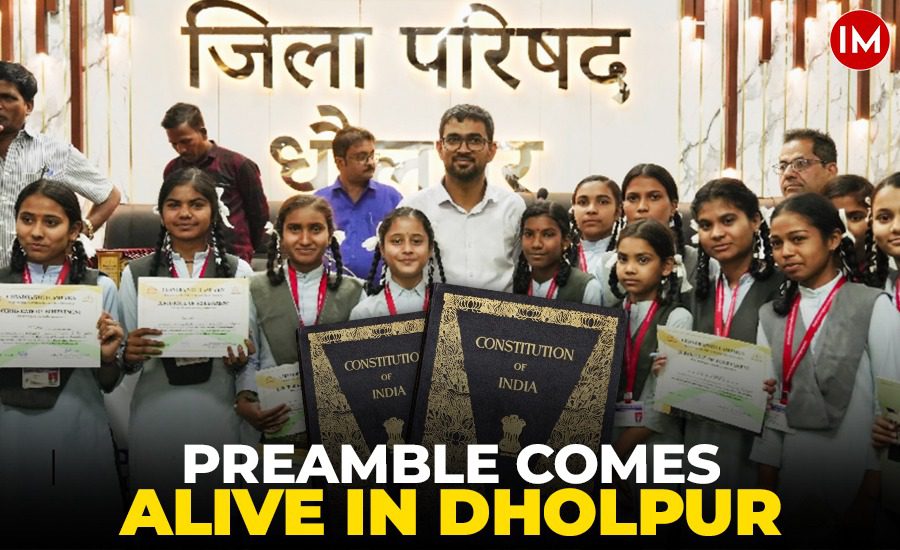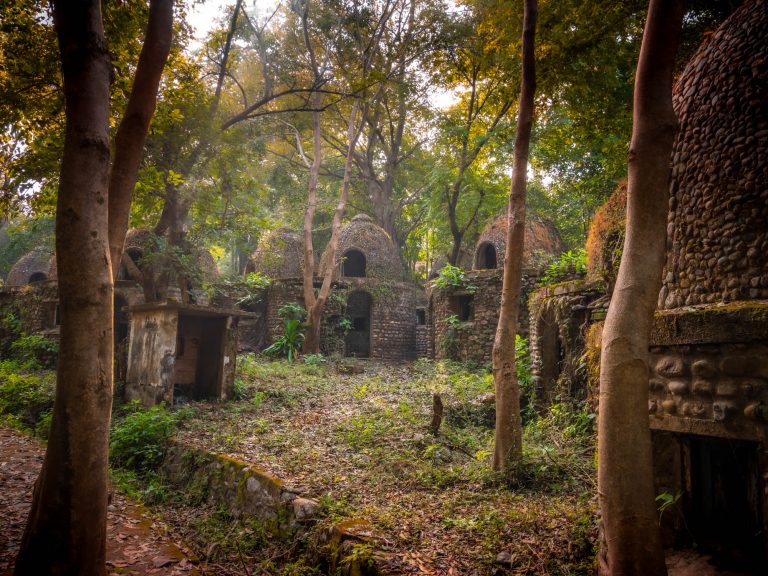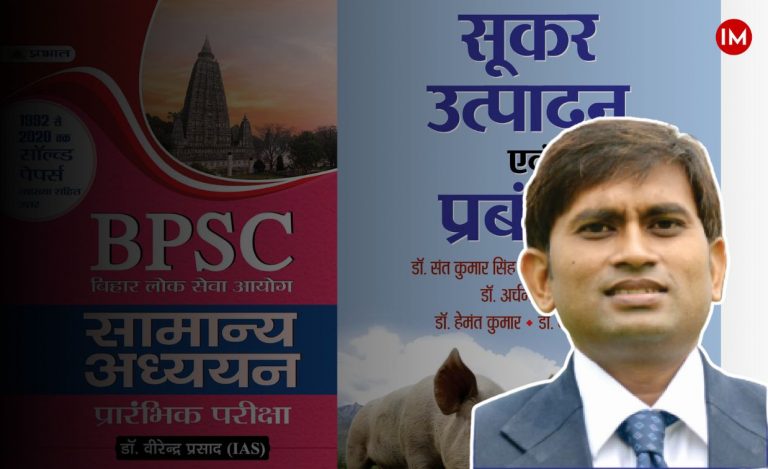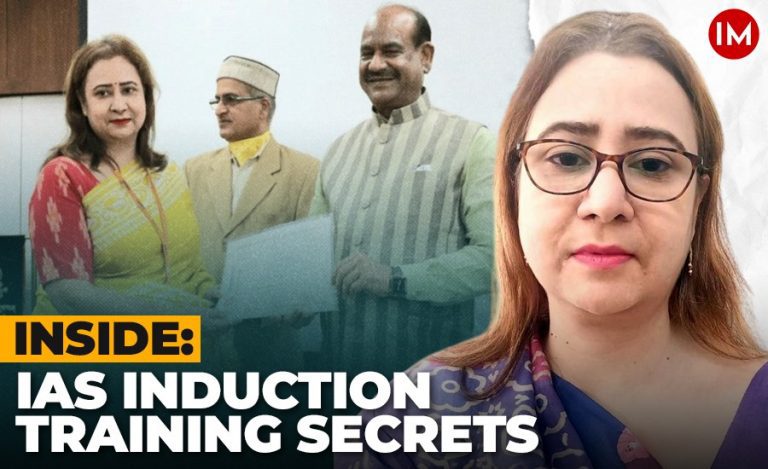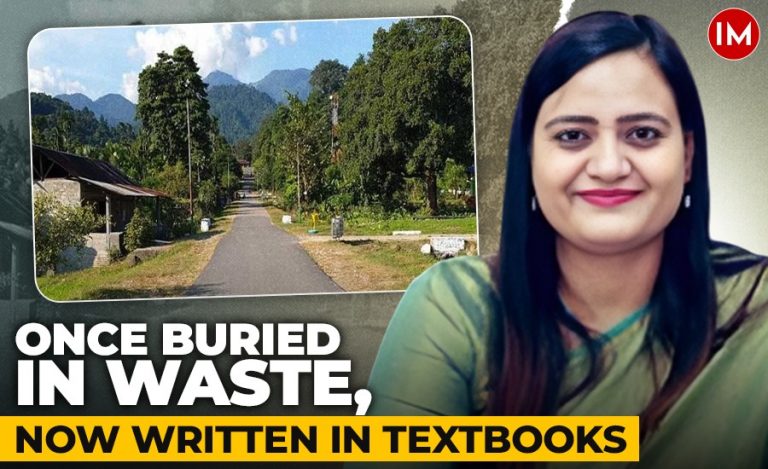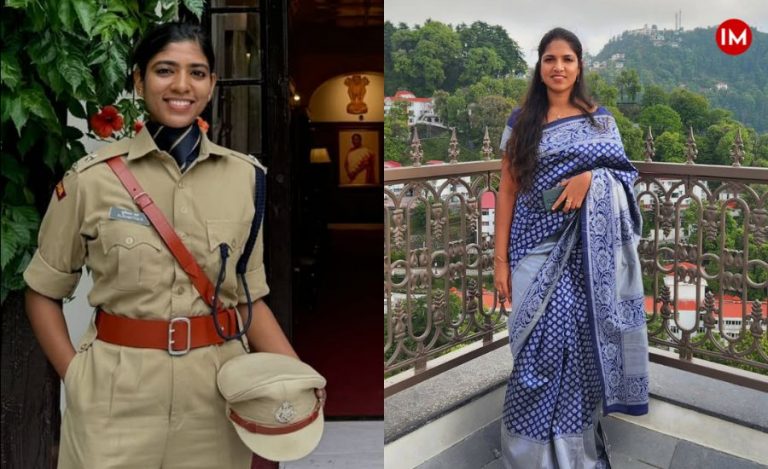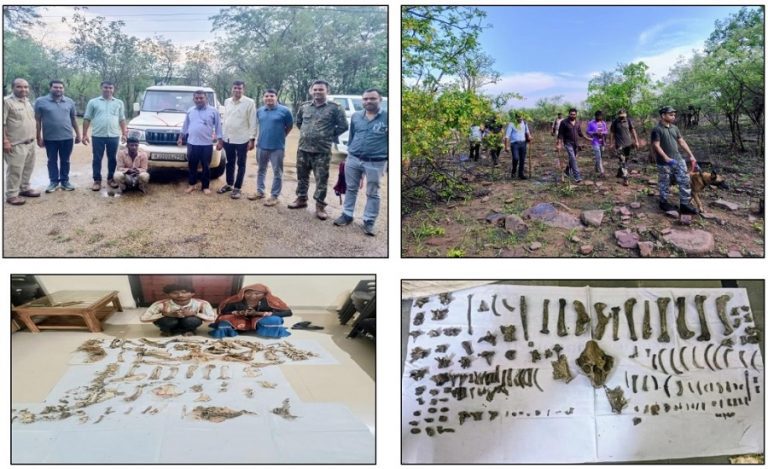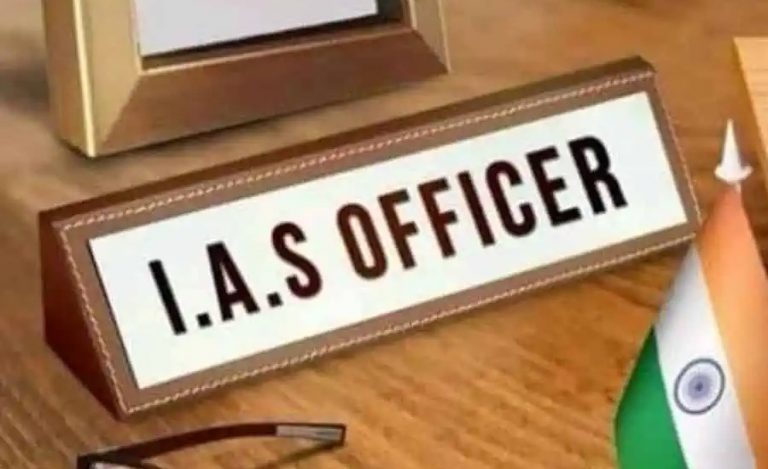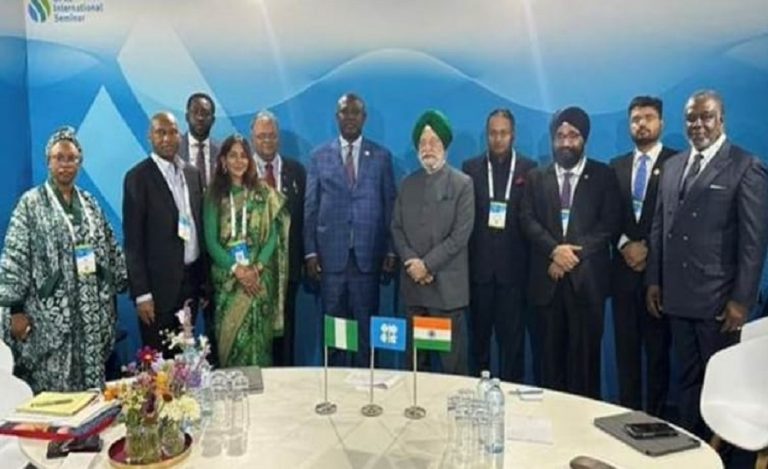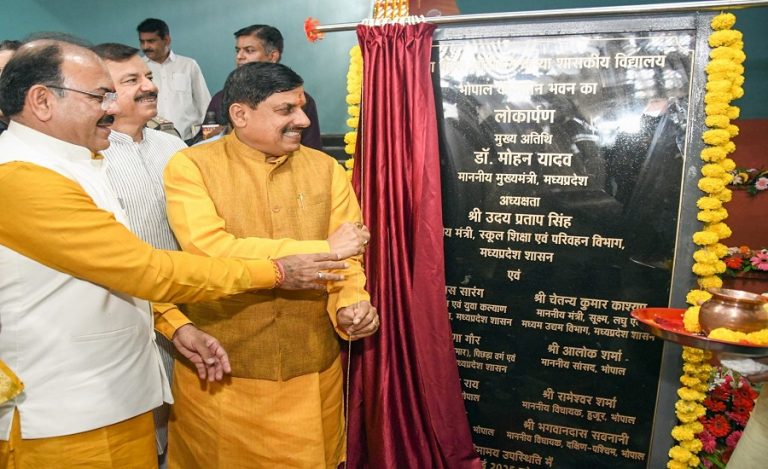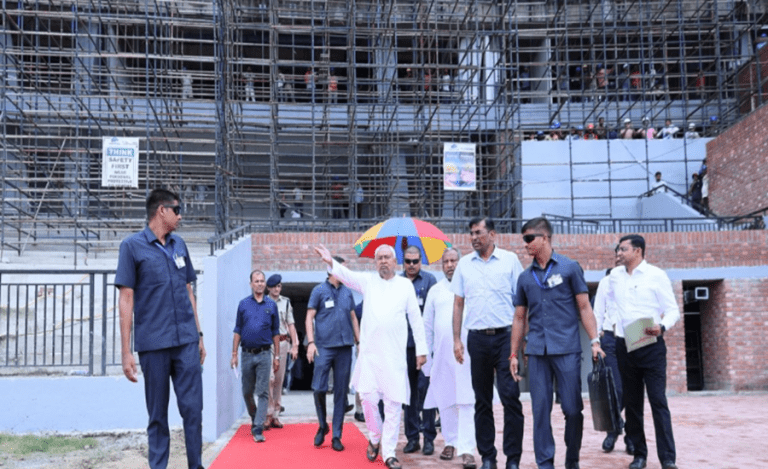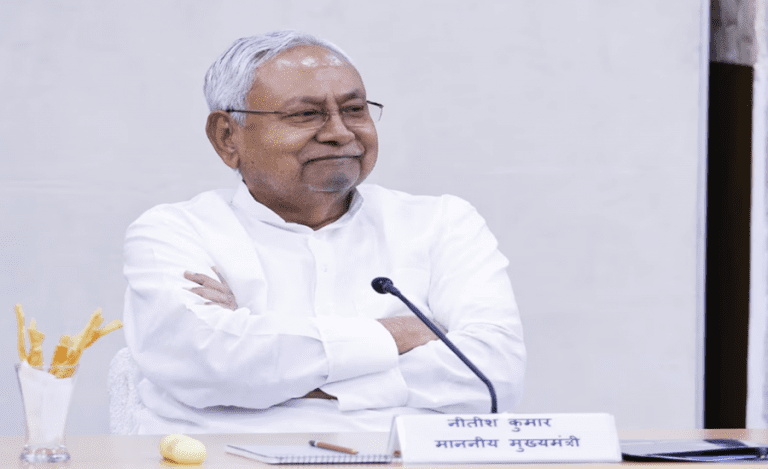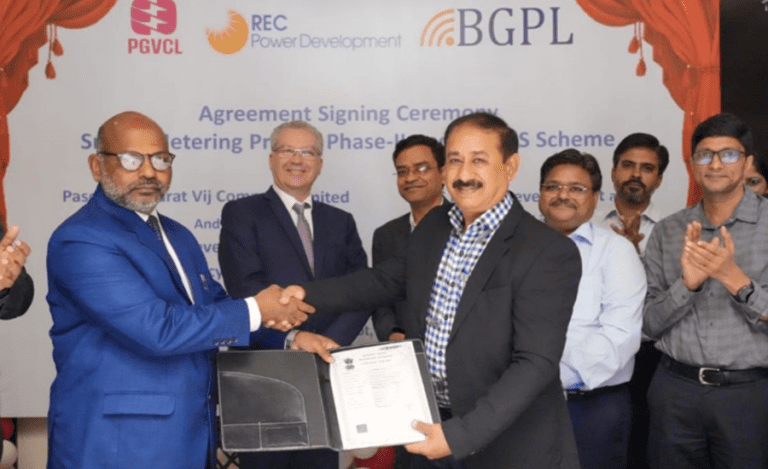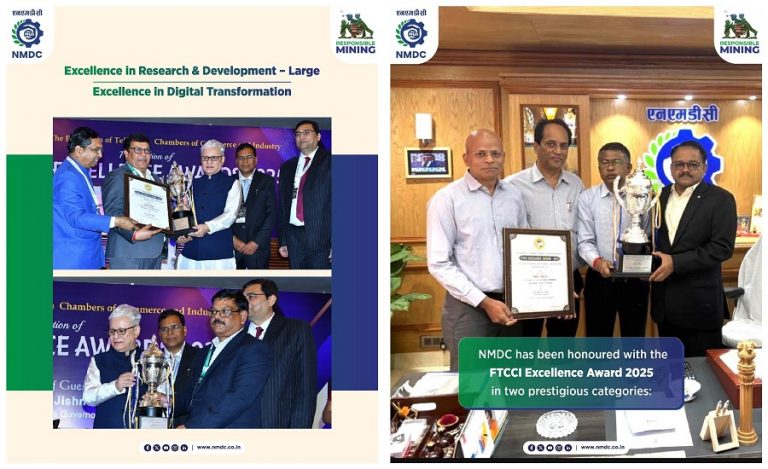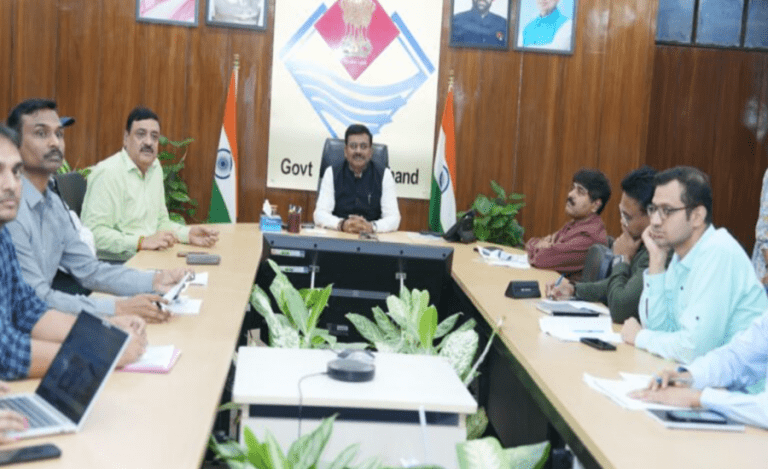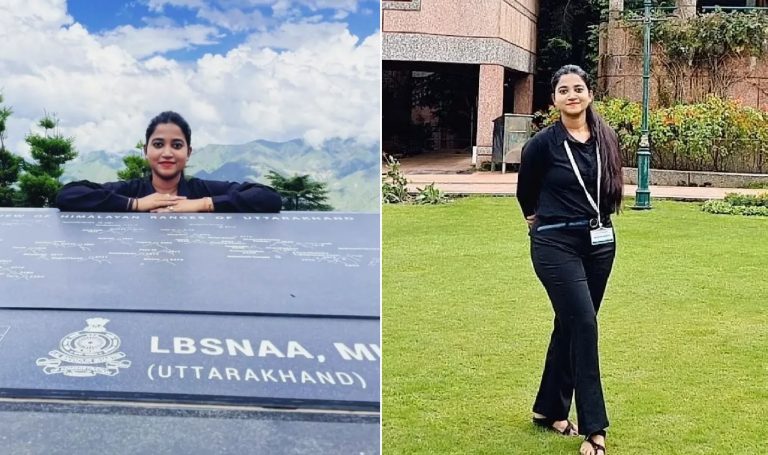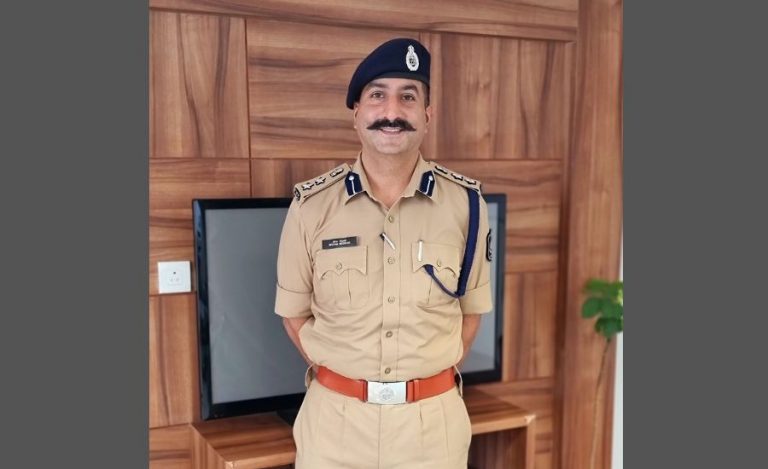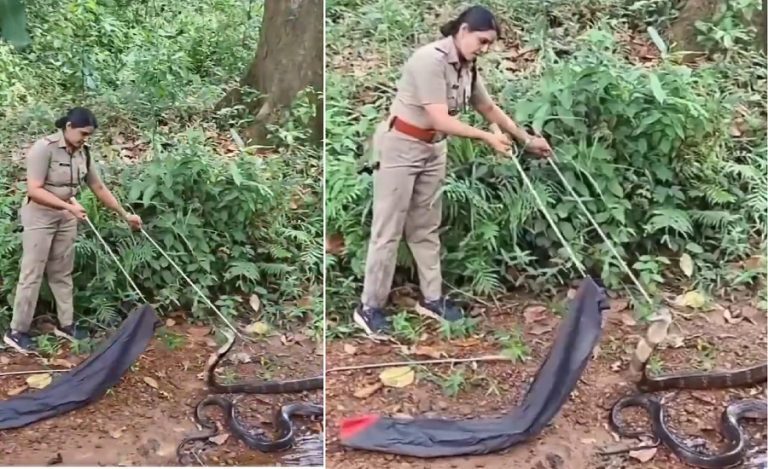There was a time when Dholpur’s name made people flinch. Stories of dacoits, shootouts, and fear carved its reputation for decades. But today, this corner of Rajasthan is turning a page, quite literally, and the person flipping that page is IAS Avhad Nivrutti Somnath, CEO of Zila Parishad Dholpur and a 2021 batch officer of the Rajasthan cadre.
At the centre of it all lies a page every Indian child sees but rarely pauses to feel — the Preamble to the Constitution. Somnath noticed how this page sat at the start of every textbook yet slipped past unnoticed in the rush of classes, homework, and exams.
“I have been very poignant about the first page in the book because that’s where the soul of the nation resides,” he told Indian Masterminds. And so, the ChandraJyoti Abhiyan was born, to pull that first page out from the shadows and place it right in the heart of Dholpur’s everyday life.
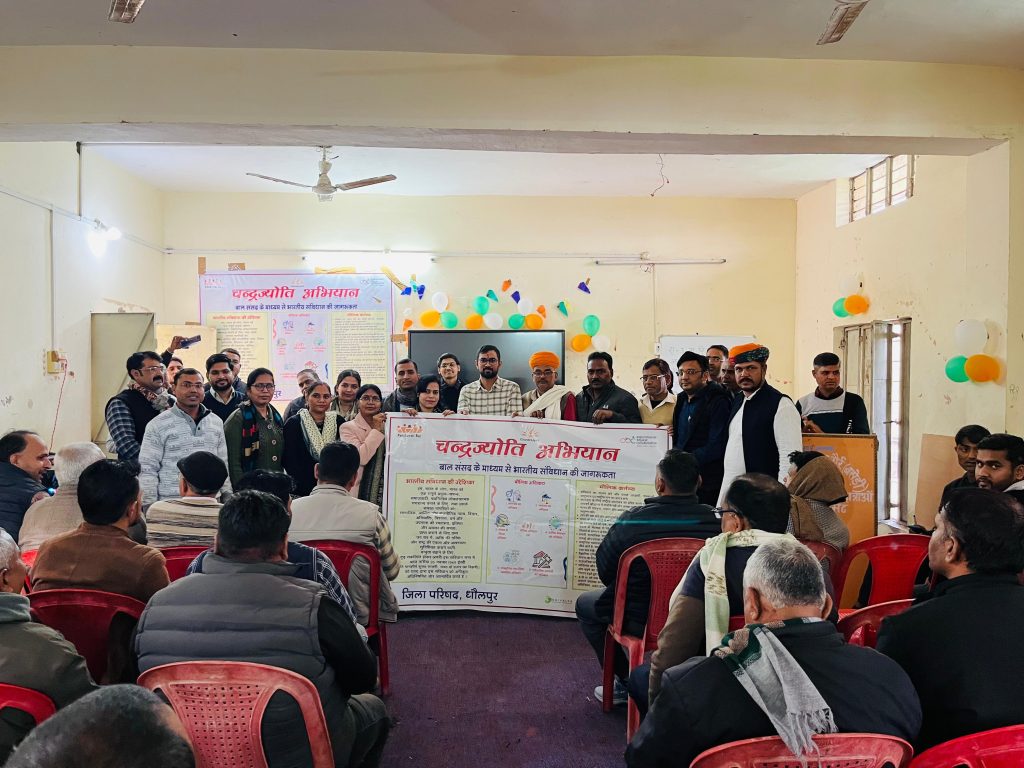
WHERE THE PREAMBLE FINDS ITS VOICE
Today, more than 50,000 students across 350 schools start their day not just with attendance and prayers, but by speaking the Preamble out loud. Big words like Justice, Liberty, Equality, and Fraternity rolling off young tongues that once never uttered them. For kids whose families once feared Gram Sabhas and government offices, these words mean something new now.
Teachers, too, have stepped up. Over 200 educators, especially Political Science teachers, have been trained to bring the Constitution alive in classrooms. Role-plays, Baal Sansads, debates, quizzes… lessons don’t end at dry theory anymore. Children argue, ask questions, stand up and speak, discovering early what Somnath wants every child to know: “The first page should never be rushed through. It should shape how you see the world.”
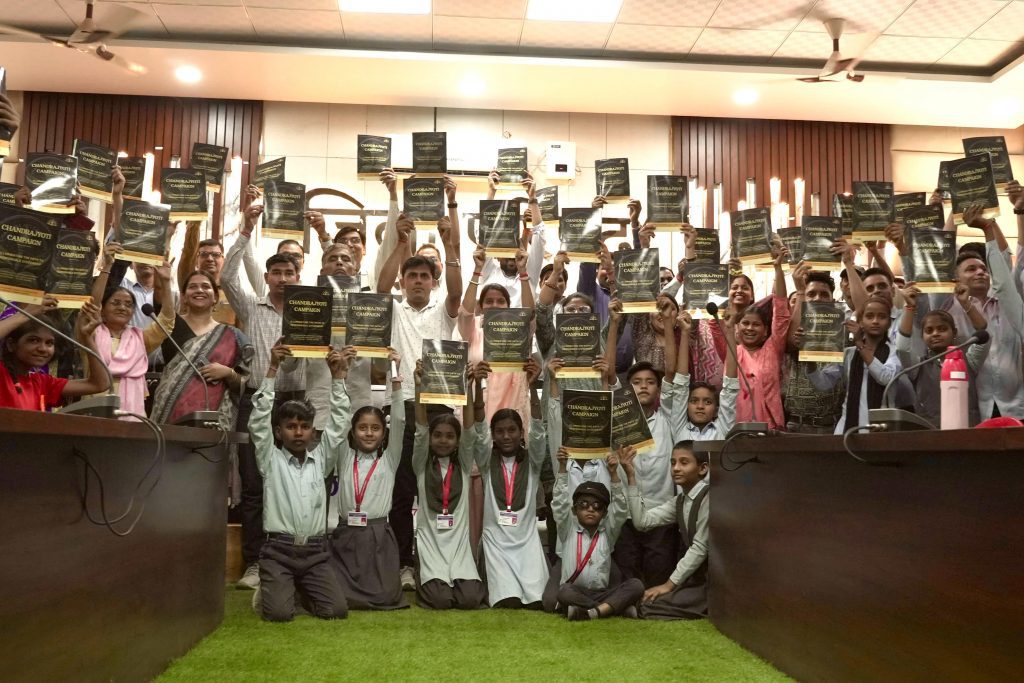
FROM SCHOOLS TO STREETS TO PANCHAYATS
But a page can’t change a place if it stays locked in a notebook. So, the Abhiyan walks out of classrooms and into lanes and panchayat halls. Children now sit in Gram Sabhas, not as silent spectators but as curious citizens. Child-Friendly Panchayats bring their voices right to the table. Republic Day and Constitution Day aren’t just parade days anymore; they’re when entire villages sit together to talk about what these ideals mean here and now.
A sight that surprises many is the Zila Parishad office itself. Its once-drab walls are now covered in bold murals showing constitutional articles in bright colours. School kids on guided trips, often led by Somnath himself, stand in front of these walls and ask what each article really means for them at home, in school, and in the village.
“We want the first page to reach the last person because that’s the only way democracy can live,” the officer shared with Indian Masterminds.
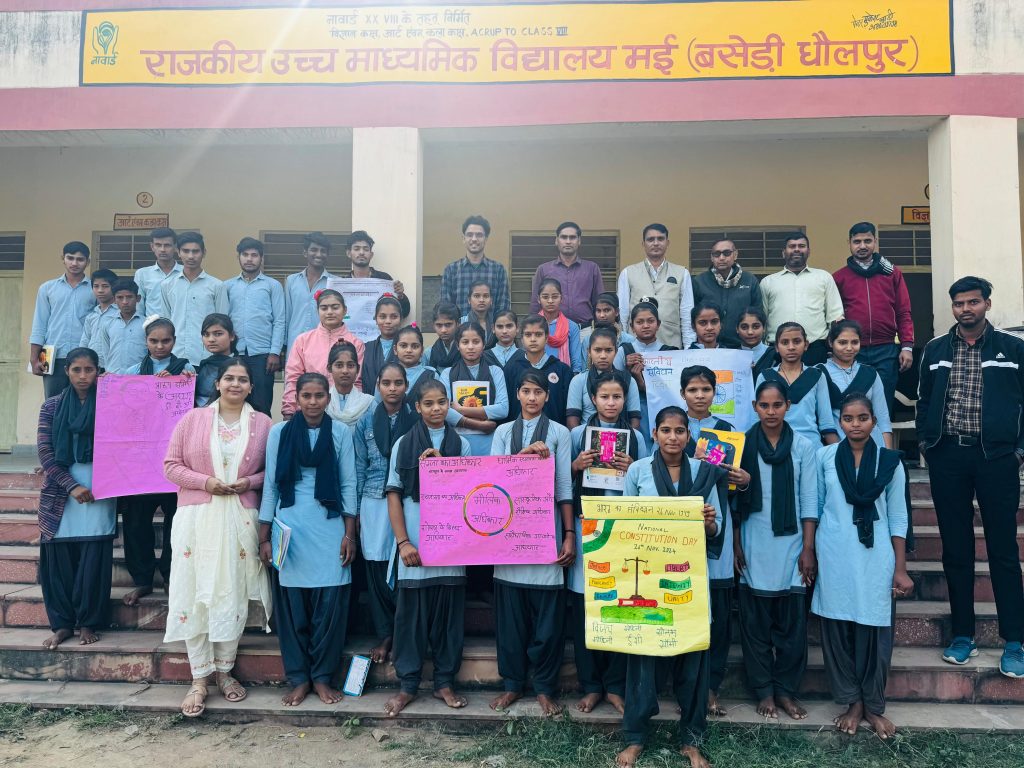
WHEN BROKEN WALLS BECOME LEARNING HUBS
Field visits gave Somnath another idea. He couldn’t ignore the abandoned buildings scattered across the villages. Old Panchayat Bhavans, locked Patwar Ghars, dusty community halls, and silent primary schools. Left to ruin, they were wasted spaces. But to him, they looked like hidden libraries waiting to open.
This idea grew into the Savidhan Ghar vision. Across 28 Gram Panchayats, such forgotten structures are being revived as community libraries. Shelves lined with newspapers, law books, governance handbooks, and exam guides. Each one has the Constitution at its heart. But these are not just rooms for books, they’re places for villagers to gather, children to read, and civil service dreamers to prepare together. The best part? They belong to the people who use them. Village Development Officers lead committees to run each Savidhan Ghar so they don’t end up locked and lifeless again.
“My vision is not to build readers alone, but citizens… people who know their rights, duties, and how to ask the right questions,” Somnath says.
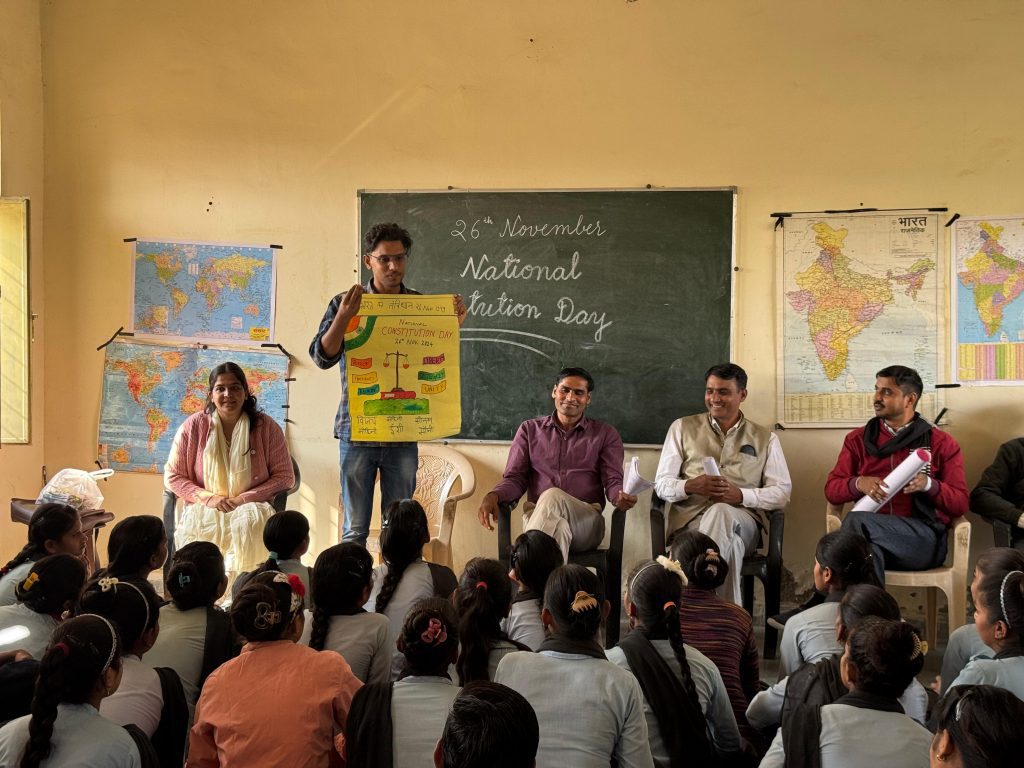
HOW IT ALL HOLDS TOGETHER
What keeps the ChandraJyoti Abhiyan strong isn’t a top-down plan printed on glossy paper. It breathes because people shape it themselves. Teachers, Panchayat leaders, parents, students… everyone’s voice counts in how the mission grows.
At its heart is a simple journey Somnath loves to explain — the Five ‘स’. First, a spark: Why should I care? Then, understanding: How does this affect me? Next comes commitment: What will I do? That turns into action: I’m doing it — see for yourself. And slowly, it roots deep until it becomes second nature: This is who we are now.
In Dholpur, every corner has turned into a classroom. School playgrounds, Panchayat Bhavans, walls painted with the Constitution, all reminders that democracy isn’t homework. It’s a habit. It’s spoken, discussed, argued over, and defended. Children learn it young, elders rediscover it too, and everyone remembers: government works best when people watch, ask, and act.
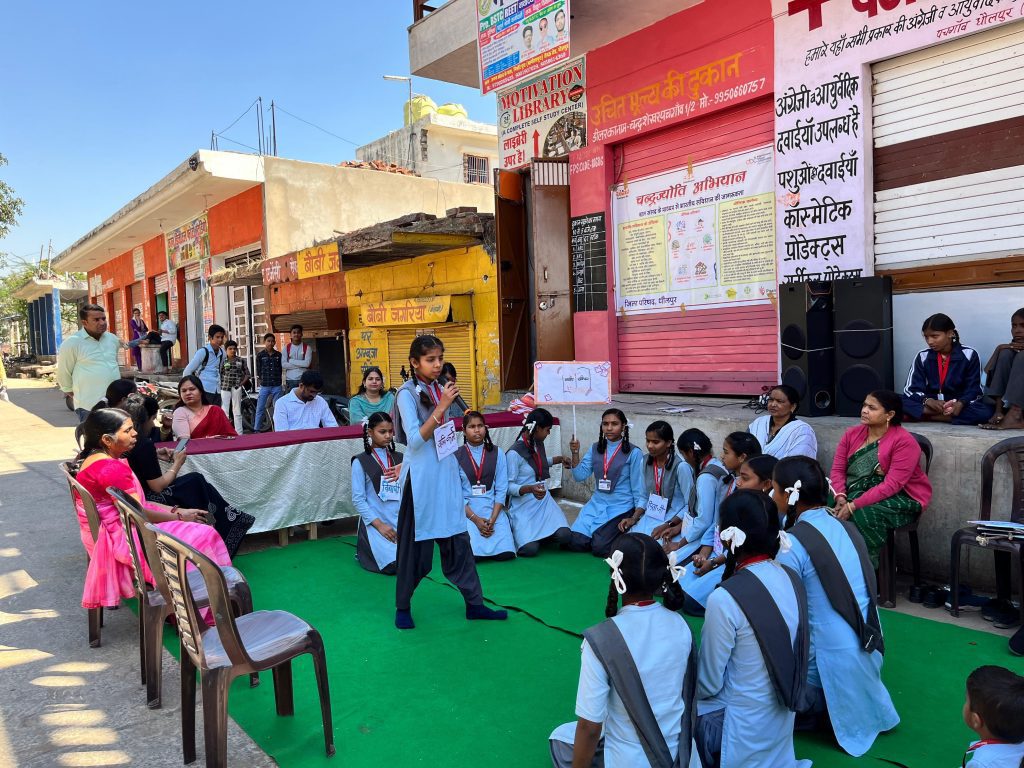
A SMALL COMPETITION, A BIG ECHO
On April 27, 2025, fifteen schools came together for a district-level competition. Over 150 students stood on stage to quiz, debate, and share how they see the Constitution shaping their lives. They didn’t just win prizes, they showed how far a forgotten page can travel when people decide to read it again.
A small booklet now holds these stories, photos, and voices, a record of how Dholpur turned a page that others had given up on.
Somnath sums it up simply: “You don’t need rocket science to change things. You just need to notice what’s lying unused, whether it’s a building or a page, and ask how it can breathe again.”
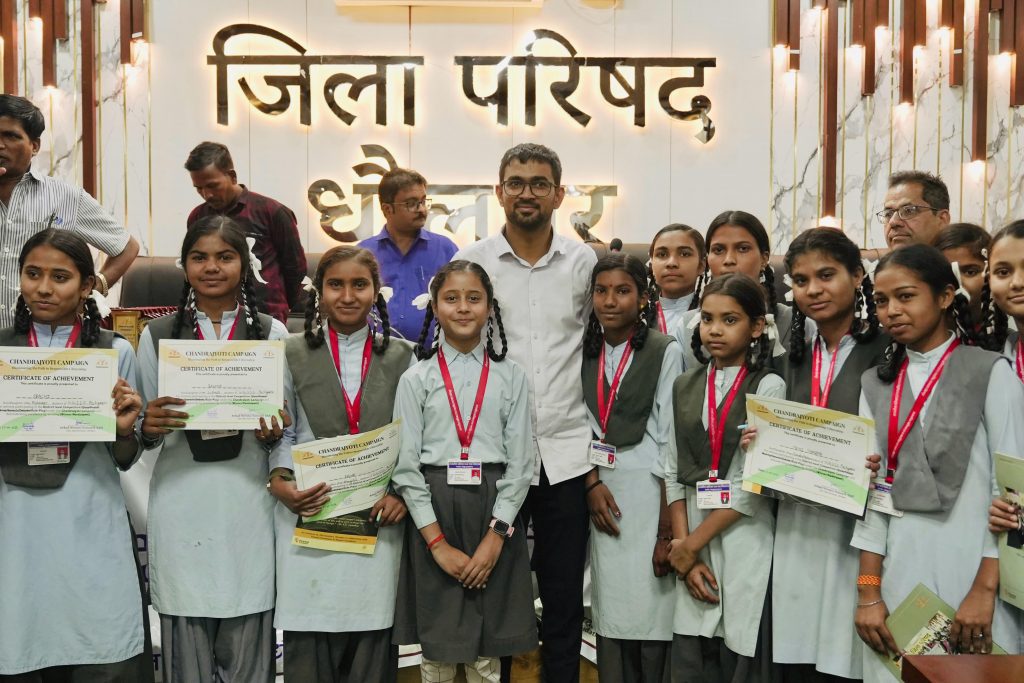
THE PAGE THAT REFUSES TO STAY SHUT
In a place once weighed down by fear, the Constitution is now on the walls, on children’s lips, in library corners, and in village meetings. It begins as a line spoken at assembly but for Dholpur’s children, it’s fast becoming the sentence they write for their own futures.
This is how democracy lives; not locked up in a book, but spoken aloud, painted in colour, and carried home in young minds that refuse to let the first page ever be the last.

